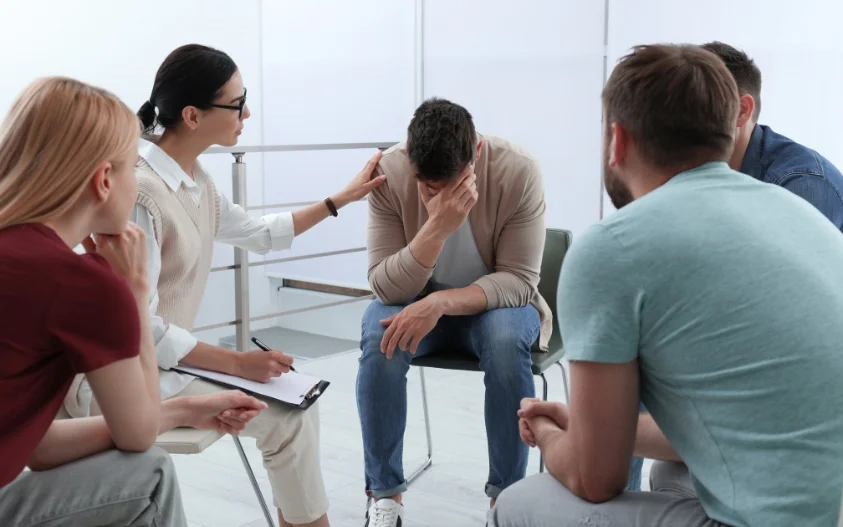24/7 Helpline:
(866) 899-221924/7 Helpline:
(866) 899-2219
Learn more about PTSD Treatment centers in Rhodhiss
PTSD Treatment in Other Cities

Other Insurance Options

Premera

Ceridian

Excellus

Cigna

BlueShield

Amerigroup

CareFirst

Self-pay options

BlueCross

Sliding scale payment assistance

Ambetter

Optima

Humana

MVP Healthcare

Highmark

Health Partners

Anthem

Access to Recovery (ATR) Voucher

Coventry Health Care

Kaiser Permanente












